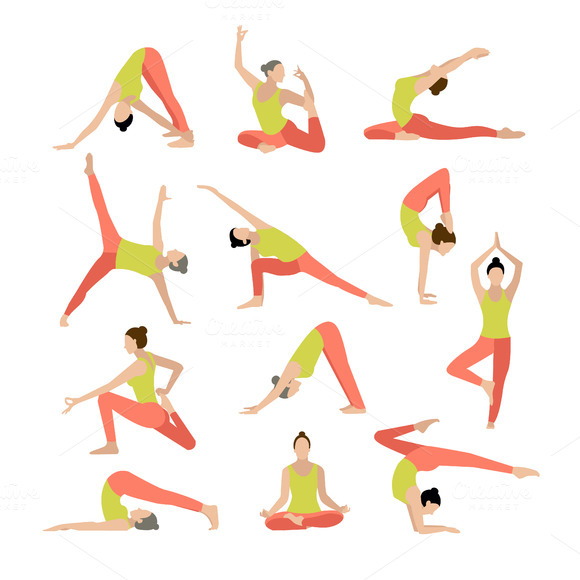My first year teaching experiences were unpleasant not only
because I was the young, female, music specialist, surrounded by black
uniformed teenage students who looked down on me (because I was too short or they
were too tall) with disrespect in the entire school year, but also
because a particular senior teacher was a tyrant in this school.
Surprisingly, even the principal got quiet when he began arguing against the
school policy. Several young teachers including me all acted like his
servants inside and outside of school. One female math teacher
especially was like his personal secretary. I was pretty amazed how she
took care of all the paperwork in addition to her teaching job. She never
said "No" to this senior teacher. I was relieved that I was not
in their grade level, although there were some chores other than teaching work
(ordering other teachers' lunch, collecting money, making exact change for each
person weekly, etc) on my plate.
This senior teacher called me stupid and told me not wear piercings in my ears at work during the faculty party. I didn't know how to fight. Even though I felt horrible, I kept going to the parties that this teacher attended. Why? He was beyond knowledgeable, even somewhat humble time to time, and he was willing to share every one of his experiences with his colleagues. Sure enough, one of his stories struck me one day.
"I am still taking some classes. I sit and listen to the instructor. It gives me the view of how students feel in their seats in the classroom. Unless I sit as a student, how do I know how my students learn? Learn something other than your career. Be curious."
While taking classes are very common for teachers or any adults in the U.S., there are not many opportunities for Japanese teachers to be students themselves after they become teachers. A teacher's long hours also constrain time for activities besides teaching. His attitude inspired me. It made sense to me. Although I didn't forgive everything he said and did to me, I decided to follow his point. Be curious. Be a student. Learn something new.
While I was at my Yoga class this morning this flashback memory from twenty some years ago came back to my mind. My body was not necessarily moving as the instructor described. I frantically looked around at the others and panicked. I suddenly realized that this was how students feel when something new is introduced into the classroom. "It's okay to put your bottom down, if you need to. You will get it when your body is used to it," the gentle instructor gave me some accommodation with his kind soft voice. I appreciated knowing that it was okay and I didn't have to be perfect. Clear expectations, modeling, exploration, making mistakes, self-awareness, reflection, and patience...these words that I have been using countless times during busy school years. They all connected together through my brain and heart. If we, educators, know the student's point of view, we can successfully deliver compassion into the learning environment. Recognizing that fact makes me feel grown up. So time to forgive my senior teacher’s hurtful words in the past and appreciate his wisdom that changed my view. Teachers are lifelong learners for reasons. Namaste.
This senior teacher called me stupid and told me not wear piercings in my ears at work during the faculty party. I didn't know how to fight. Even though I felt horrible, I kept going to the parties that this teacher attended. Why? He was beyond knowledgeable, even somewhat humble time to time, and he was willing to share every one of his experiences with his colleagues. Sure enough, one of his stories struck me one day.
"I am still taking some classes. I sit and listen to the instructor. It gives me the view of how students feel in their seats in the classroom. Unless I sit as a student, how do I know how my students learn? Learn something other than your career. Be curious."
While taking classes are very common for teachers or any adults in the U.S., there are not many opportunities for Japanese teachers to be students themselves after they become teachers. A teacher's long hours also constrain time for activities besides teaching. His attitude inspired me. It made sense to me. Although I didn't forgive everything he said and did to me, I decided to follow his point. Be curious. Be a student. Learn something new.
While I was at my Yoga class this morning this flashback memory from twenty some years ago came back to my mind. My body was not necessarily moving as the instructor described. I frantically looked around at the others and panicked. I suddenly realized that this was how students feel when something new is introduced into the classroom. "It's okay to put your bottom down, if you need to. You will get it when your body is used to it," the gentle instructor gave me some accommodation with his kind soft voice. I appreciated knowing that it was okay and I didn't have to be perfect. Clear expectations, modeling, exploration, making mistakes, self-awareness, reflection, and patience...these words that I have been using countless times during busy school years. They all connected together through my brain and heart. If we, educators, know the student's point of view, we can successfully deliver compassion into the learning environment. Recognizing that fact makes me feel grown up. So time to forgive my senior teacher’s hurtful words in the past and appreciate his wisdom that changed my view. Teachers are lifelong learners for reasons. Namaste.
